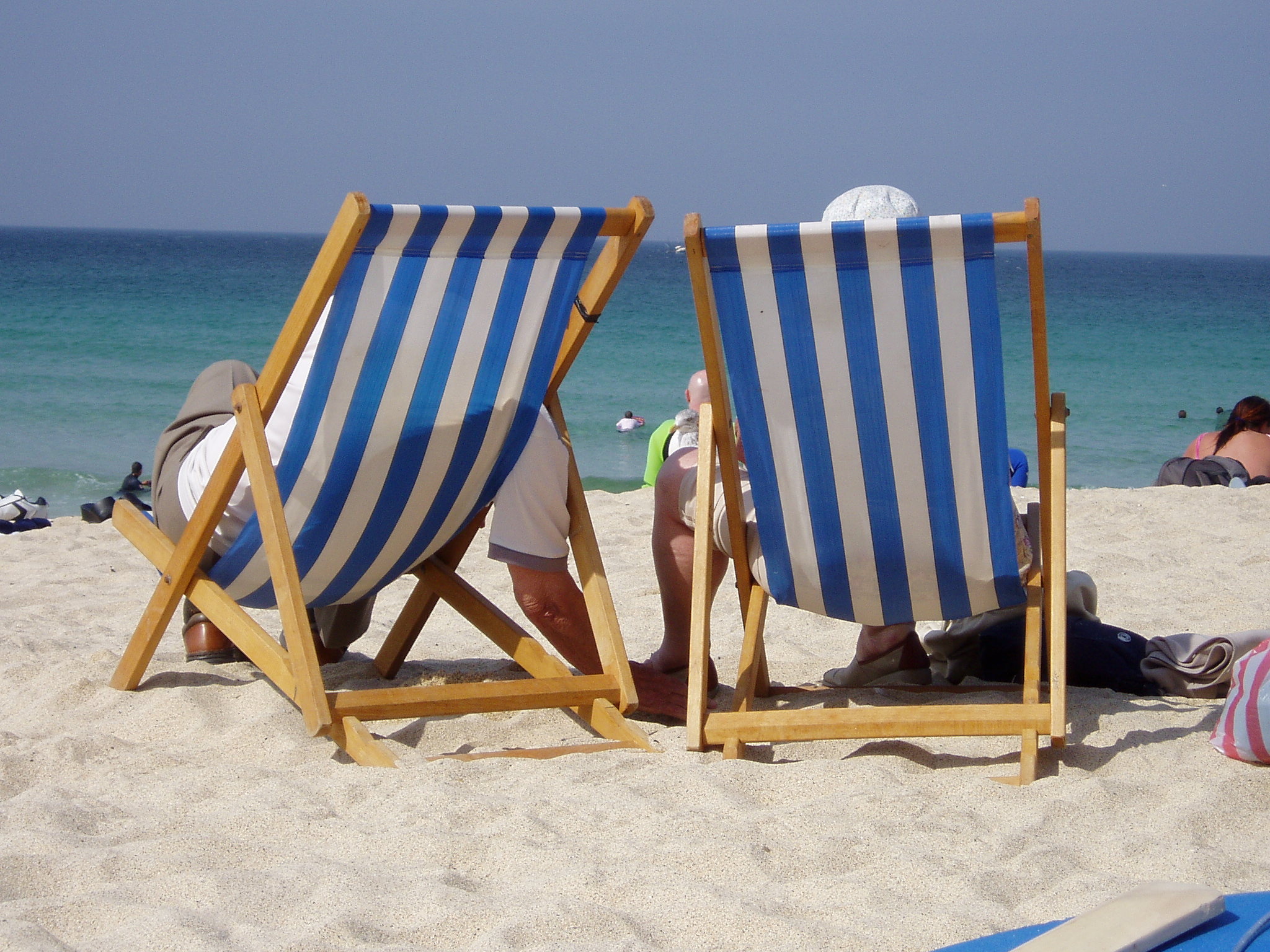
By Heather Cameron
Today is World Tourism Day (WTD), the aim of which is “to foster awareness among the international community of the importance of tourism and its social, cultural, political and economic value.” (United Nations)
Commencing on 27 September 1980, WTD is celebrated each year with fitting events based on themes selected by the United Nations World Tourism Organisation (UNWTO) General Assembly. The theme for 2017 is the International Year of Sustainable Tourism for Development. The UNWTO says tourism can contribute to all three dimensions of sustainable development – economic, social and environmental – as well as the 17 UN sustainable development goals. It argues that in addition to driving growth, the tourism sector also improves the quality of people’s lives.
However, a recent wave of anti-tourism protests across Europe suggests some disagree.
Anti-tourism sentiment
Much of the focus of anti-tourist sentiment during the summer has been in Spain, where a record 75 million foreign tourists visited last year – up 10 million on 2015. Catalonia hosted more visitors than any other. Estimates suggest an extra 30 million people descended on Barcelona, where radical groups have been reported slashing tyres of rental bikes and a tour bus. The tour bus was also reportedly adorned with the slogan “tourism is killing neighbourhoods“.
As the number of tourists has been growing exponentially, so too have the tensions over this surge, coupled with the impact of holiday lets on the local housing market and thus local communities.
Majorca has also experienced protests from citizens against mass tourism. Here concerns have been raised over the number of drunken visitors and the rental of apartments to non-locals, reducing the number of places for locals to live and driving up house prices.
Rising rents and the impact on the environment have been cited as of particular concern among local communities.
Social and environmental impacts
Such concern is by no means a new phenomenon.
A 2012 report on the impacts of tourism on society found that while tourism generates both wealth and jobs, it has also been seen to have negative impacts on socio-cultural values and environmental assets of host communities.
At the same time as bringing people from different backgrounds, cultures and traditions together, due to globalisation, it is argued, tourism has led to many communities losing their cultural identity and giving way to a ‘Disneyfication’ of their town or village.
And while tourism has contributed to the creation of national parks and protected areas, it has also been blamed for increased pollution. According to the United Nations Environment Programme (UNEP), the three main environmental issues of tourism are the depletion of natural resources, pollution and physical degradation.
It is suggested that the main problem emanating from these impacts is that the host community picks up the tab for any damages to the environment and local culture.
Tourism clearly generates a variety of consequences, both positive and negative. It is therefore something that requires careful management. As the 2012 report concludes, “Tourism development should be part of an economic development and must be done in a manner that is sustainable.”
Sustainable tourism
The focus of this year’s World Tourism Day therefore seems particularly apt. As the World Travel and Tourism Council (WTTC) has highlighted, this provides a unique opportunity for travel and tourism to come together to address the challenges set out in the UN’s sustainable development goals, and for the sector to address the issues of climate change, physical degradation and disruption that leaders from both inside and outside of tourism consider to be of the highest priority.
Progress has certainly been made, as the WTTC has reported:
- travel and tourism companies were 20% more carbon efficient in 2015 than they were in 2005;
- the sector is on course to reach a target of cutting CO2 emissions by 50% by 2035; and
- the sector is on course to reach the target of 25% reduction by 2020.
However, as the recent anti-tourism sentiment indicates, more needs to be done to manage growth in a sustainable manner.
Final thoughts
Sustainable planning and management is clearly important to ensure the long-term viability of the tourism industry. And as the sector represents 10.2% of global GDP and supports 1 in 10 jobs globally, it is too important not to get right.
If you enjoyed reading this, you may also like to read some of our other tourism-related articles.
Follow us on Twitter to see what developments are interesting our research team.
Share
Related Posts
Supporting residents on the decarbonisation journey: leveraging data for effective retrofit projects
As the drive towards decarbonisation intensifies, the social housing sector’s ability to collect, store and manage vast amounts of data becomes increasingly critical. With a shared goal of creating warmer, carbon-free homes, housing associations’ strategic use of data is essential ....
A recent item on BBC Radio 4’s Today programme generated an unusually high number of responses from listeners. A man who had lost his job in the financial services sector at the age of 57 described his difficulty in trying ....
The recent spikes in energy costs have thrown into sharp focus the challenge of heating our homes. Domestic heating is important, not just for our comfort and wellbeing, but to reduce humidity and prevent condensation. But because traditional heating systems ....

